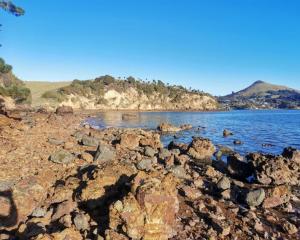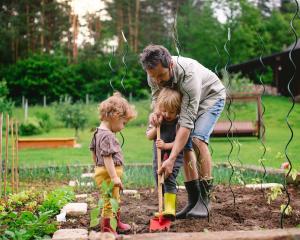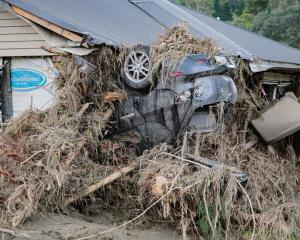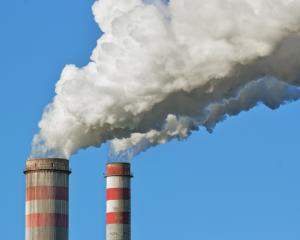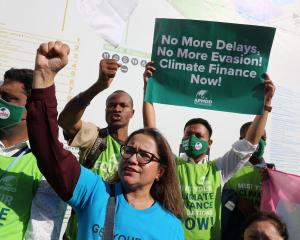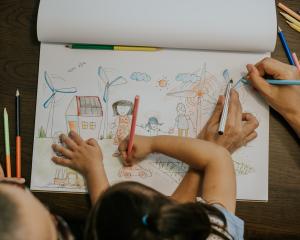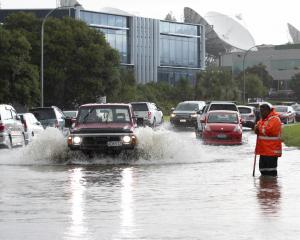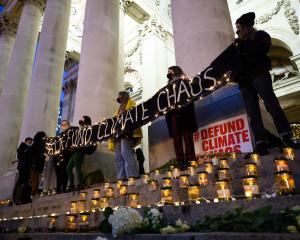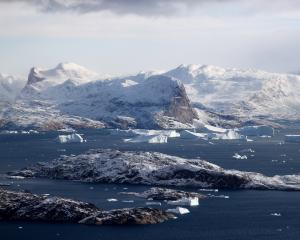
Last month saw the release of a major milestone report from the Intergovernmental Panel on Climate Change (IPCC). This was the culmination of several years of work from thousands of scientists, and reflects the consensus view of these scientists, plus all of the governments of the world.
A major headline from the report was that human activities have unequivocally caused global surface temperatures to rise. The use of the term "unequivocally" is hugely meaningful here. Scientists are typically cautious, so to eliminate all doubt that humans are causing global warming highlights starkly just how overwhelming the evidence is in this case.
Temperatures are currently increasing faster than any other 50-year period in the past 2000 years. The impacts are easy to see, from impacts on extreme weather events such as Cyclone Gabrielle, to the rapidly shrinking snow cover in our mountains. It is literally a "bread and butter issue", as the report shows increasing food and water security problems as the planet warms.

To make these sorts of rapid collective reductions, diverse knowledge sets are needed. Indigenous, local, and Western scientific knowledges are needed to work together on transition pathways. There is much mahi to be done, and the consequences of missing this opportunity for those born today are massive: a person born in 2020 is likely to experience more than 3degC warming in their lifetime unless low emissions pathways are pursued immediately.
Despite the challenges that face us, the report still gives us reason for optimism. Every 10th of a degree warming that we can avoid is important. Even though they fall a long way short of what is needed, current global emission reduction policies are making a difference in terms of slowing the rate of warming. Some countries have also managed to record sustained drops in emissions. The report makes clear that we already have all of the technology and expertise we need to rise to the challenge.
The recent history of Aotearoa New Zealand is not great in terms of climate change response. There have been flashes of policy inspiration and bravery along the way. We were one of the first to implement an emissions trading scheme, for instance. The political will to really follow through with these policies has mostly been lacking though. Looking at the emissions trading scheme again, the cost of carbon has often been too low to encourage meaningful emission reductions. The ongoing He Waka Eke Noa consultation over agricultural emissions has the potential to be genuinely world leading — if we can build on the initial promise of this approach.
Although we are a small country, our per person emissions are some of the highest in the world. The impacts of our emissions will cause greatest hardship to those who are the most economically and socially marginalised — both here and overseas. We have a clear moral obligation to do everything we can — now we need our leaders to find a way to work together to stabilise our climate in an equitable and just way.
Dr Daniel Kingston (School of Geography), Associate Professor Inga Smith (Department of Physics), and Associate Professor Sara Walton (Department of Management) are members of He Kaupapa Hononga: Otago’s Climate Change Research Network at the University of Otago.

